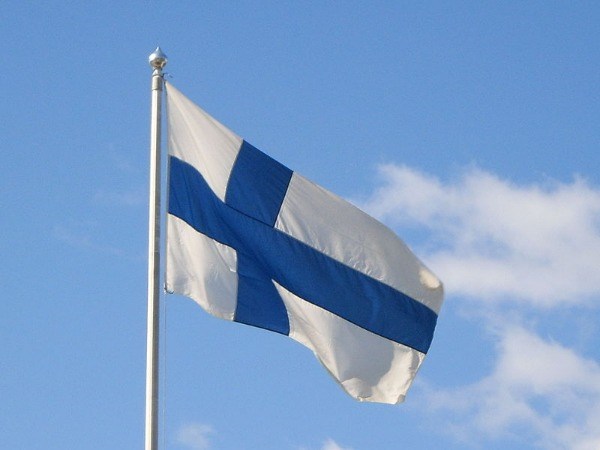Finnish company refuses to ship generators to Crimea due to sanctions
The Finnish company Wärtsilä refused to supply generators to the Crimean Zaliv shipbuilding yard in Kerch due to EU sanctions, RBC news agency reported with reference to a source in the Russian Ministry of Transport.
The factory had to shift the deadlines for the construction of an emergency rescue ship to the value of 2.8 billion rubles. Four such ships have been built in Russia.
According to the source, the refusal to supply the diesel generators led to an extension of the construction deadline for the ship, and necessitated changes in the project’s documentation. The source did not say to what extent the completion deadline was shifted (initially the ship was meant to be finished in 2018).
A representative of Wärtsilä confirmed that the company refused to supply the diesel generators to the Kerch Shipyard due to EU sanctions.
“This matter was considered carefully, and a decision was made that this [shipping equipment to Crimea] would not be in accordance with the existing sanction regime. This is why Wärtsilä is unable to provide the requested equipment,” he added.
The source emphasized that Wärtsilä has collaborated fruitfully with Russia for a long time, and is willing to continue the collaboration within the framework of the rules that are in force. The Russian Transport Ministry has not yet responded to questions on the matter.
At the start of July 2017, it came out that Russia had violated the sanctions by sending gas turbines manufactured by the German concern Siemens to Crimea, even though according to the contract they were intended for a power station in Krasnodar Krai. Siemens subsequently filed lawsuits against PLC Technopromexport and LLC Technopromexport, who were responsible for shipping the turbines, and also against LLC Siemens Gas Turbines Technologies, the joint enterprise between Siemens and the Russian company Power Machines, which manufactured the turbines.
At the end of July, Siemens broke off its license agreement with Russian companies to provide equipment for power stations, and temporarily stopped providing equipment for power stations on existing contracts with state customers from Russia.
In August, the EU introduced sanctions against the companies who installed the turbines.
